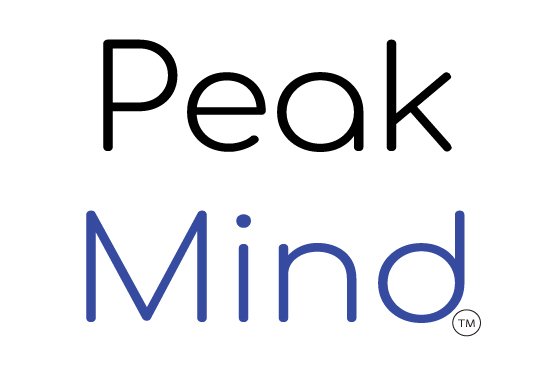What is Chronic Stress?
By definition, stress is defined as: a prolonged and constant feeling of stress that can negatively affect your health if it goes untreated.

Chronic Stress
Overview and Impacts
What is Chronic Stress? Chronic stress is a prolonged and constant feeling of stress that can negatively affect your health if it goes untreated. Unlike acute stress, which is short-term and often arises from specific events or situations, chronic stress is persistent and can last for weeks, months, or even years.
Causes: Chronic stress can stem from a variety of sources, including:
Long-term financial difficulties
Ongoing work-related pressures
Chronic illness or caregiving responsibilities
Dysfunctional relationships or family dynamics
Symptoms: The symptoms of chronic stress can be both physical and emotional, and they often compound over time:
Physical symptoms: Headaches, fatigue, sleep disturbances, gastrointestinal issues, muscle tension, and frequent illnesses.
Emotional symptoms: Anxiety, depression, irritability, lack of concentration, and a sense of helplessness.
Effects on Health:
Long-term exposure to stress can lead to significant health problems, including:
Cardiovascular issues: Increased risk of heart disease, hypertension, and stroke.
Mental health disorders: Chronic stress is linked to depression, anxiety, and other mood disorders.
Immune system suppression: The body’s ability to fight off infections and diseases is compromised.
Digestive problems: Stress can exacerbate conditions like irritable bowel syndrome (IBS) and other gastrointestinal disorders.
Sleep disturbances: Persistent stress often leads to insomnia or poor-quality sleep.
Management and Coping Strategies:
Managing chronic stress typically involves a combination of lifestyle changes and professional help:
Exercise and physical activity: Regular physical activity can reduce stress hormones and stimulate endorphins.
Relaxation techniques: Practices like mindfulness, meditation, deep breathing exercises, and yoga can help in managing stress.
Healthy eating: A balanced diet can improve mood and energy levels, aiding stress management.
Social support: Maintaining strong connections with friends, family, or support groups can provide emotional relief.
Professional help: Therapy, counseling, and sometimes medication can be essential in managing the psychological effects of chronic stress.
Chronic stress is a serious condition that requires attention. Left unchecked, it can lead to severe health consequences, so it’s important to recognize the symptoms early and seek appropriate help.
Learn more:
Cohen, S., Janicki-Deverts, D., & Miller, G. E. (2007). Psychological stress and disease. JAMA, 298(14), 1685–1687. https://doi.org/10.1001/jama.298.14.1685
McEwen, B. S. (2008). Central effects of stress hormones in health and disease: Understanding the protective and damaging effects of stress and stress mediators. European Journal of Pharmacology, 583(2-3), 174-185. https://doi.org/10.1016/j.ejphar.2007.11.071
Chrousos, G. P. (2009). Stress and disorders of the stress system. Nature Reviews Endocrinology, 5(7), 374-381. https://doi.org/10.1038/nrendo.2009.106
Schneiderman, N., Ironson, G., & Siegel, S. D. (2005). Stress and health: Psychological, behavioral, and biological determinants. Annual Review of Clinical Psychology, 1, 607-628. https://doi.org/10.1146/annurev.clinpsy.1.102803.144141
Sapolsky, R. M. (2004). Why Zebras Don't Get Ulcers: The Acclaimed Guide to Stress, Stress-Related Diseases, and Coping. New York: Henry Holt and Company.
Kivimäki, M., Nyberg, S. T., Batty, G. D., Fransson, E. I., Heikkilä, K., Alfredsson, L., ... & Steptoe, A. (2012). Job strain as a risk factor for coronary heart disease: A collaborative meta-analysis of individual participant data. The Lancet, 380(9852), 1491-1497. https://doi.org/10.1016/S0140-6736(12)60994-5

